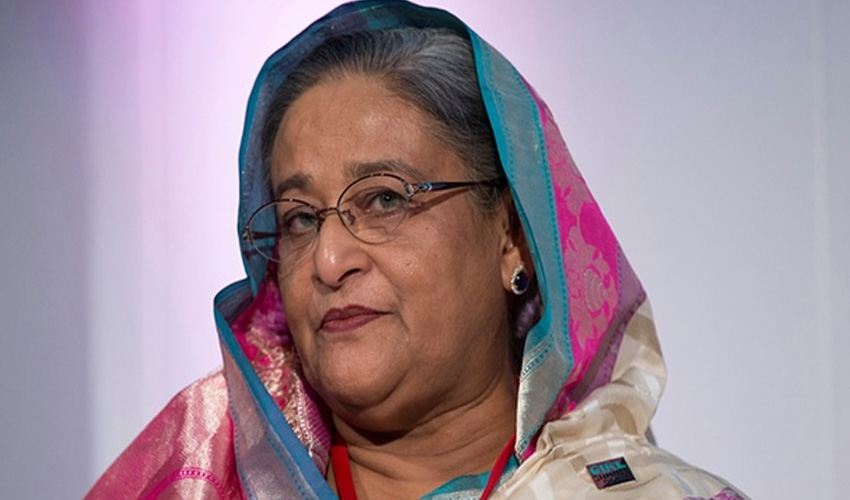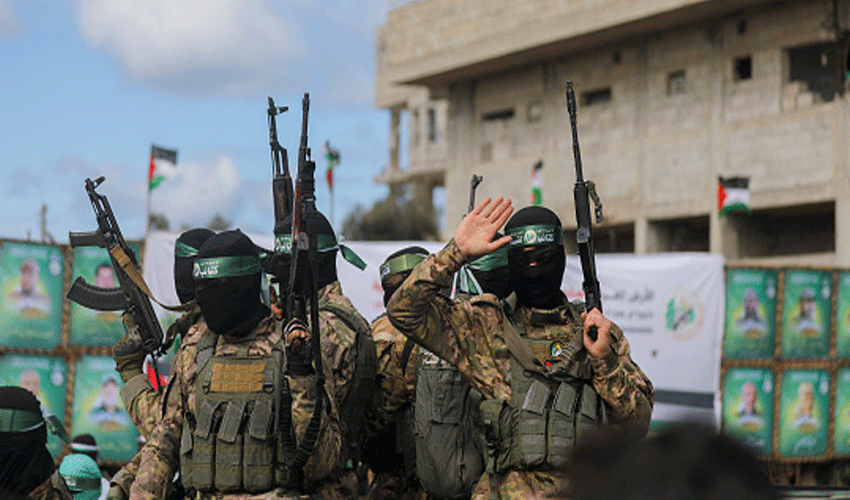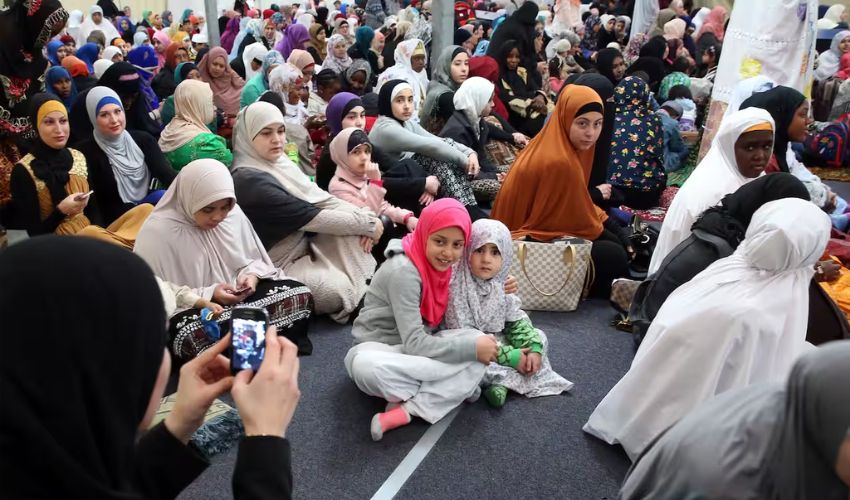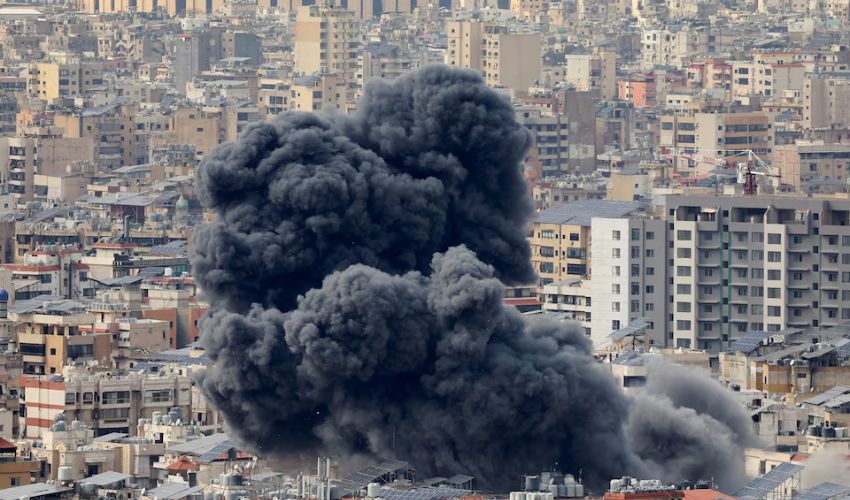Prime Minister Sheikh Hasina Wajid-led Bangladeshi government on Thursday announced a nationwide ban on Jamaat-e-Islami, its student wing Islami Chhatra Shibir, and other associated bodies, branding them as “militant and terrorist” organizations.
This decision follows weeks of violent protests that have claimed over 200 lives and left thousands injured.
Prime Minister Sheikh Hasina and her political allies have attributed the violence during recent student protests over a quota system for government jobs to Jamaat-e-Islami and its affiliates. In an official circular seen by The Associated Press, the Ministry of Home Affairs stated that the ban was enforced under an anti-terrorism law, effective immediately.
Since the unrest began on July 15, the death toll has reached at least 211, with more than 10,000 people arrested across the country. The government has been criticized for its handling of the protests, which escalated into widespread violence.
Jamaat-e-Islami's chief, Shafiqur Rahman, condemned the government's decision, calling it anti-constitutional and denying any involvement in the recent violence. In a statement, Rahman accused the government of orchestrating massacres to suppress what he described as a non-political movement by students. He claimed that teachers, cultural figures, journalists, and professionals from various fields are protesting against what he termed as a genocide perpetrated by the government.
The student protests, initially sparked by discontent over the quota system in government jobs, have grown into a broader movement against the ruling government, drawing significant support from various segments of society. The protests have been marked by clashes between demonstrators and law enforcement, leading to widespread chaos and destruction.
The government's crackdown on Jamaat-e-Islami and its affiliates is seen as a significant move to curb dissent and restore order. However, it has also raised concerns about the implications for political freedoms and the rule of law in Bangladesh.



























